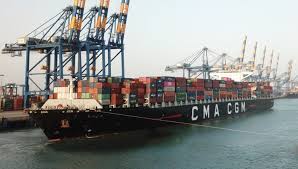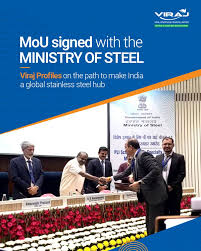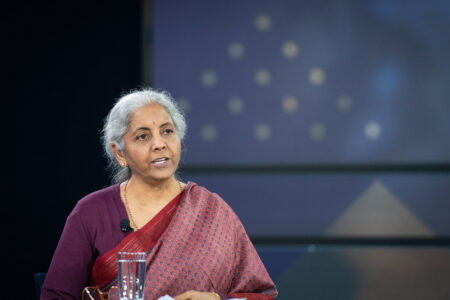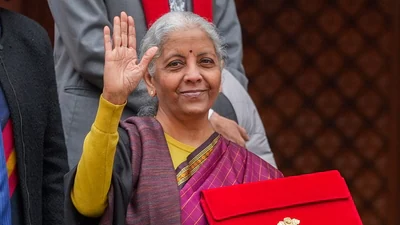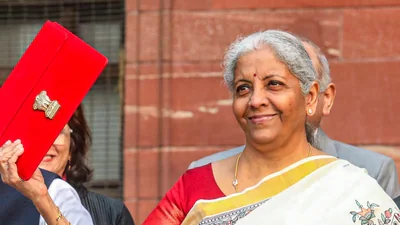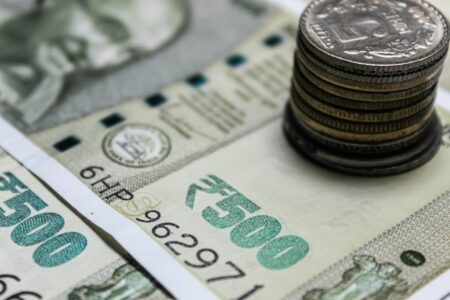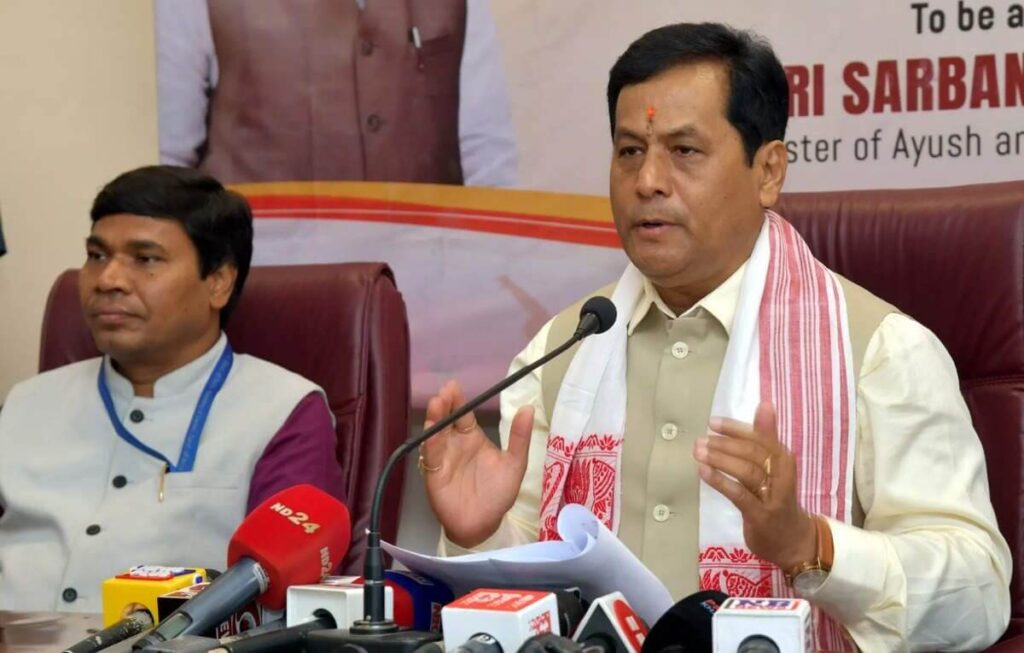Despite a far greater need for government spending on public infrastructure, Debroy claimed that the combined tax revenue of the central and state governments is only 15per cent of GDP. “It is my submission that there should be a single rate for GST.”
He added that eliminating the differential tax rates for ‘elitist nature’ and mass consumption products would reduce litigation.
“As a society, we must acknowledge that the GST should be the same regardless of the product.” If progressivity is to be introduced, direct taxes, rather than GST or indirect taxes, should be used.
Debroy also stated that his remarks should not be interpreted as a PMEAC recommendation. The Department of Economic Affairs estimated the GST revenue neutral rate (RNR) before the rollout at 17per cent, but the current average GST rate is 11.5 percent, he added. “We must be willing to pay tax or we must accept reduced delivery of public goods and services,” he said, adding that the revenue lost due to government exemptions amounts to 5–5.5 percent of GDP. “So the moot question is whether the exemptions should be there at all.”
He also stated that, while tax evasion is unlawful, tax avoidance through the use of exemption clauses to reduce the tax burden is legal. “Do we really need these tax breaks?” The more tax breaks I have, the more complicated things become… Why can’t we have a straightforward tax system devoid of all exemptions? “We must eventually agree to transition to a system with no exemptions,” Debroy continued.
He also proposed eliminating the ‘artificial difference’ between corporate and personal income taxes (PIT). “A large number of unincorporated businesses pay personal income taxes.” “This (the removal of distinction) will also reduce administrative compliance,” he continued.

